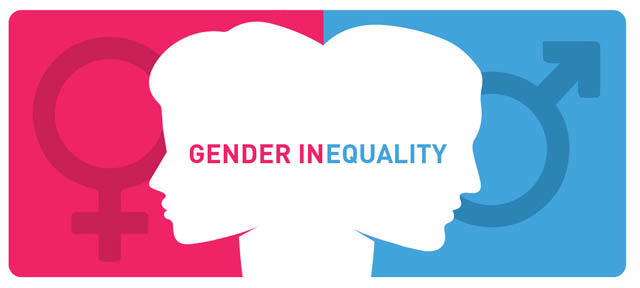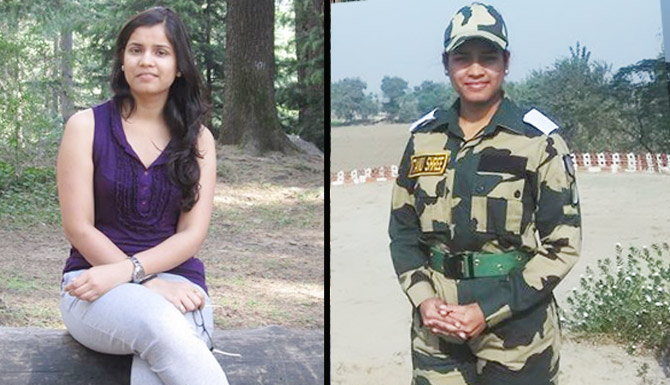The question is almost too easy to answer – of course, Indian society is safer today for men than women, at least in terms of physical safety.
Why is this so?
A Society comprises of a community of people living in a particular country or region and having shared customs, laws and organizations. In the context of present-day India, we have to remember that this includes customs steeped in patriarchy. Whether it was the British who imposed Victorian morals on us, or the older systems of purdah that were never quite attacked strongly enough, the fact remains that both men and women in India see the male as superior to the female.

This has resulted in a regressive mindset, quick to judge and slow to understand. Women’s safety is the responsibility of every individual, and especially those responsible for law & order. Instead, members of our society prevaricate, trying to fix the blame on the woman who has had the misfortune to be molested or raped or worse, murdered.
“Why was she there alone?”
“What was she doing so late with her boyfriend?”
“What clothes was she wearing?”
“Was she drunk?”
It is in this kind of thinking that society fails the female gender. A simple test of equality is to assess whether a man would be asked the same question. In such cases, clearly the answer is ‘no’. Somehow we fail to regard the woman as an independent agent of her own destiny and capable of making her own choices. That she has as much right to be alone as a man. That being in love is not an illicit activity but a natural impulse; that much sorrow could be avoided if we spend less time suppressing it. And most of all that, what clothes a woman wears, or what she chooses to eat or drink, is fundamentally irrelevant.
The only thing that matters is consent. The only consideration for safety is that as a society, as well as a state, has a responsibility towards ensuring law and order is equally available to all its citizens.
At a societal level, this means changing how we think about safety issues. Recognizing that what was acceptable forty years ago is not anymore. Acknowledging women are no longer confined in the so-called ‘safety’ of their own homes, and have careers, spending power and desires that are no different from men and just as much of a right to their own pursuit of happiness as men. Not just that, but also realising that even within their homes, women may not always be safe. Husbands, fathers, uncles, brothers – all are capable of misusing the advantage our society gives them to abuse their wives, daughters and sisters.
From the womb, where the unborn female child is in danger of being aborted on account of her sex, to the discrimination and disdain of her peers as an employee, to the trauma of being abandoned in Vrindavan when an old widow, the struggle for India’s women is real.
So no, our society is not an equal one. It is safer for men than women, and waves of progressive legislation have only made minor dents in that situation.
A sea change in attitude towards women – both of ordinary citizens and especially of law-enforcement officials – is needed before we can call ourselves a ‘safe’ country for both men and women.






























